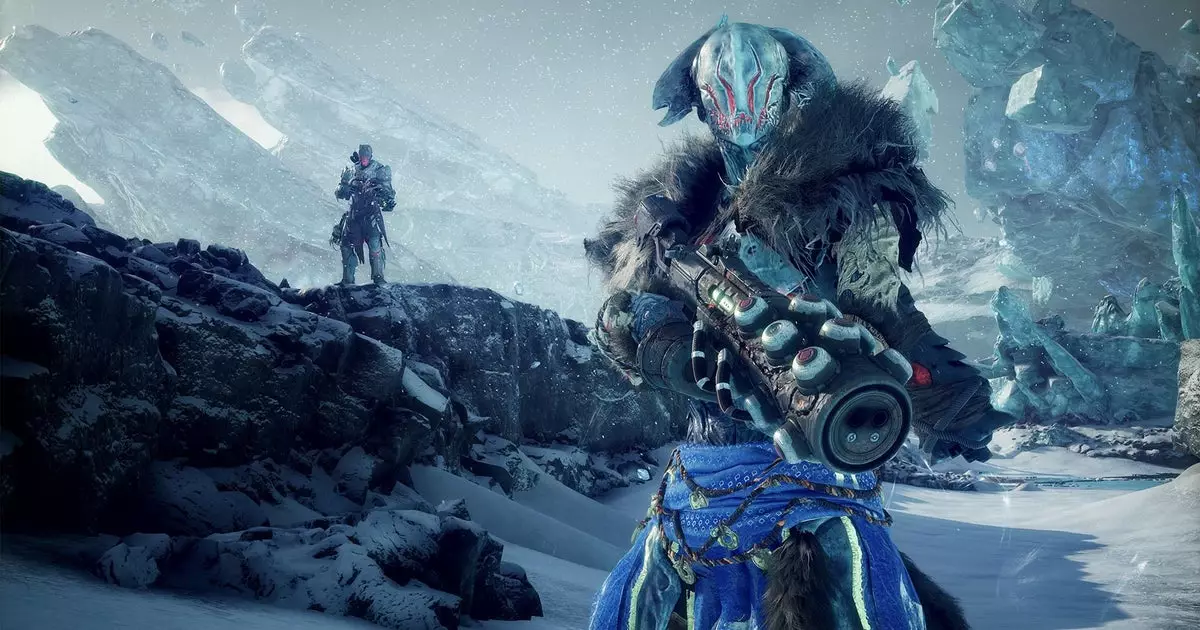In a heart-wrenching turn of events for the gaming community, People Can Fly, celebrated creators of the Gears of War franchise, have announced the cancellation of two major upcoming projects while also laying off a notable number of employees. The ambitious ventures, codenamed Gemini and Bifrost, have been shelved due to internal challenges compounded by a troubling lack of communication from an unspecified publisher. This development opens a window into the precarious nature of game development—a space rife with promise yet shadowed by uncertainty.
The Frustrating Publisher Relationship
CEO Sebastian Wojciechowski’s LinkedIn statement dives into the murky waters of development partnerships, pointing out the company’s struggle with a publisher that has essentially gone silent. Wojciechowski referred to the lack of a “draft of the subsequent content rider” as a key reason for the Gemini project’s suspension. The language, albeit business-centric, highlights a critical issue: the confidence required in collaborative commitments is being severely undermined. It’s crucial for publishers to communicate their intentions clearly, particularly given the long and arduous development cycles of modern gaming. As it stands, the challenge for People Can Fly appears more than just a financial setback; it is a breach of trust that all developers must navigate in an increasingly volatile market.
Decline from Expansion to Contraction
Not long ago, People Can Fly appeared to be on an upswing, boasting over 600 employees and juggling seven projects. However, the climate has significantly shifted. The layoffs and project cancellations reflect a broader trend within the gaming industry. What many might not realize is the razor-thin margin of success that defines game studios. One moment, a team cheers the expansion with multiple projects in the pipeline; the next, they face the grim task of downsizing amidst significant cancellations. Not only does this pattern disrupt individual lives and careers, but it also stifles creativity and innovation—two core elements crucial to the thriving of any studio.
Insights from the Inside
Employee testimonials from former contributors of Gemini and Bifrost reveal not just loss but also the immense potential that these projects held. Concept artist Lipan Liu lamented the abrupt halt of Bifrost and noted how quickly he recognized the talent and passion of his peers. Similarly, writer James B Jones reflected on the significant capabilities of his teammates at PCF, praising their “S-tier” talent. This speaks volumes: inherently, the gaming industry is about passionate creativity, and when projects fall apart, it often means losing brilliant minds and visionary ideas that could have pushed the medium forward.
The Impact of Financial Instability
Wojciechowski further emphasized the grim financial analysis that revealed a lack of resources and prospects needed to continue Bifrost’s development. The moment funding sources dwindle, studios can find themselves in a free fall—a startling reality that often leaves creativity in the dust. Projects can start with fervent enthusiasm but may swiftly enter a doom loop fueled by financial constraints. This uncertainty breeds a culture of fear rather than innovation, leading to detrimental impacts on the company culture and the final product.
Finding Hope Amidst Chaos
Despite the ruinous ramifications of these cancellations, it’s essential to remember that the gaming landscape is resilient. History has shown that studios can rise from the ashes, learning from previous experiences to navigate future projects more effectively. While the current situation for People Can Fly is undoubtedly disheartening, the ability of the industry to adapt and rebound often surprises.
This incident serves not only as a cautionary tale but also as a reminder of the interconnected nature of game development, where each link in the chain is vital. As we reconfigure our expectations and hope for brighter horizons, the impact of these cancellations will reverberate, but with every setback comes the possibility of resurgence. In the realm of outlandish ideas and profound storytelling, the developers’ passion is likely far from extinguished—it may merely be waiting for the next opportunity to ignite.

